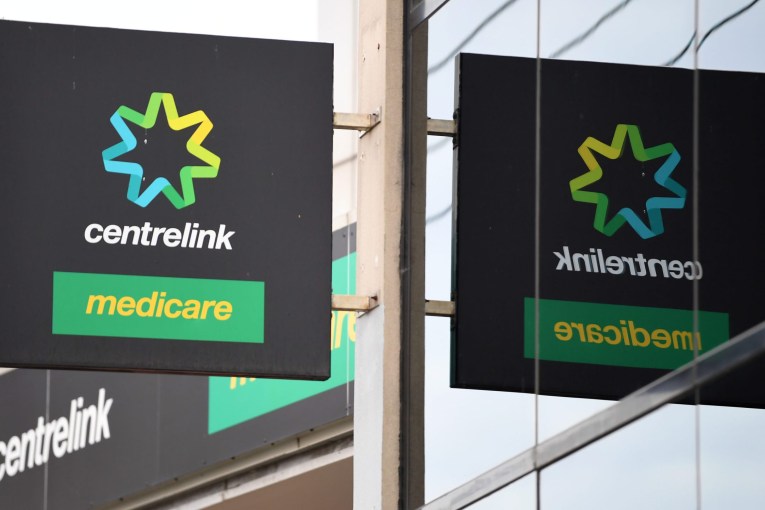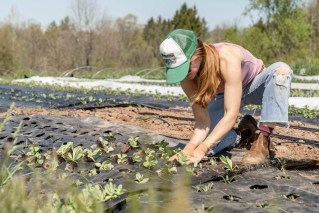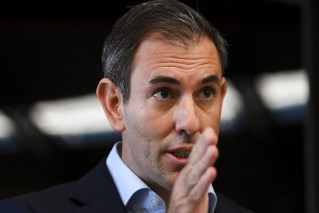Green bonds: How the markets may turn out to be Great Barrier Reef’s saviour
The repair and management of the Great Barrier Reef could be underwritten by the issuing of “reef credits” which could form part of a sustainable finance market in Queensland, according to a new report.


DO NOT USE OTHER THAN FOR SPECIFIC STORY Southern Cross University professor and coral IVF pioneer Peter Harrison and a team of researchers check coral for eggs and sperm on Heron Island in Queensland. (AAP Image/Supplied by Great Barrier Reef Foundation)
The Queensland Futures Institute report named six opportunities and “drivers” of sustainable finance in Queensland: renewable energy, electric vehicles, energy investment, abatement and investment in abatement and eco-tourism.
It said that Queensland had clear advantages in generating carbon, biodiversity and reef credits from its natural capital resources.
“As countries advance a raft of new sustainability requirements, they will require increased investment, underpinned by new methods of financing and new financial services,” it said.
“Green bonds, reef credits, biodiversity credits and carbon credit units may be some of the new products in our financial future and Queensland can get ahead of the game in these emerging markets.”
The idea of reef credits was at its early stages but it would essentially allow companies to invest in natural areas for a financial return.
“Investment will contribute to new markets and products including the growing of the green bond market and carbon credits,” the report said.
It said the global green bond market was worth $US512 billion ($A786 billion) in 2021.
The Queensland Futures Institute is behind a push to make Brisbane a sustainable financial hub and has formed the Queensland Finance Council headed by QIC chief executive Kylie Rampa.
“The sustainable finance sector is an emerging sector expected to record rapid growth in the coming decades. This presents a significant opportunity for growth in Queensland,” the report said.
The need for green and sustainable finance is significant.
“Approximately US$2.8 trillion of investment in energy is estimated to take place globally in 2023 alone, of which US$1.7 trillion is expected to be invested in clean technologies.
“Australia presents an attractive location for renewable energy investment, ranking seventh globally on the Renewable Energy Country Attractiveness Index. Planned investment for greening Queensland’s energy sector is significant, and could support Queensland’s emergence as a sustainability hub.
“The finance sector has a crucial enabling role to play in facilitating the capital investment required to achieve net zero.
“A local sustainable finance sector has potential to make investment in Queensland faster, easier and more attractive to investors and sustainable businesses. Queensland may also capture market share from financing renewable energy investments, social and sustainable projects elsewhere in Australia, and Asia.”
In pushing the cast for the state, the report also found that every one of Queensland’s 81,000 finance sector workers contributed about $300,000 in value-add, twice the average of other sectors, a report has found.
Employment in the finance sector had also grown by 38 per cent in five years, double the rate of growth in Sydney.












